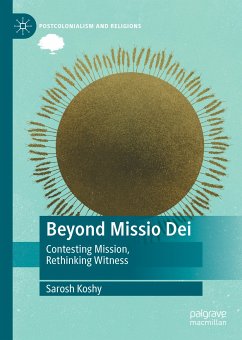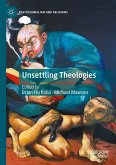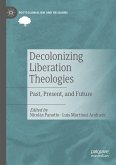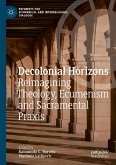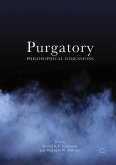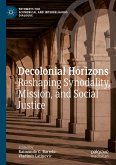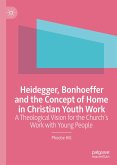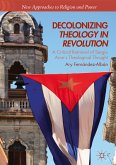In this book, Sarosh Koshy strives to go beyond the mission model of Christianity that emerged alongside and within the colonial enterprise and ethos since the sixteenth century. Rather than denounce the inheritance of the mission movement that transformed both the church and world in innumerable ways, it is a simultaneous expression of appreciation for this precious heritage, and an attempt to do justice by it through a yearning quest for relevant paradigms of Christian engagement.
Indeed, there is an intense tension within this book, and in fact a twin tension at that. The tension is between those seeking to keep the current mission paradigm alive out of habit or as a self-serving device, thus corrupting and withering away a bequeathal that essentially set free the voluntary/independent spirit of Christian individuals and their intentional collectives from both the ecclesiastical and political authorities. On the other side are those who enlist mission both as a subsequent activity and as a basis to pursue innocuous, and at times apparently heroic options that would seemingly satisfy a supposed missional mandatory.
This work enlists postcolonial and poststructuralist resources pedagogically, to teach of mission, missiology, World Christianity, and intercultural theology.
Dieser Download kann aus rechtlichen Gründen nur mit Rechnungsadresse in A, B, BG, CY, CZ, D, DK, EW, E, FIN, F, GR, HR, H, IRL, I, LT, L, LR, M, NL, PL, P, R, S, SLO, SK ausgeliefert werden.

